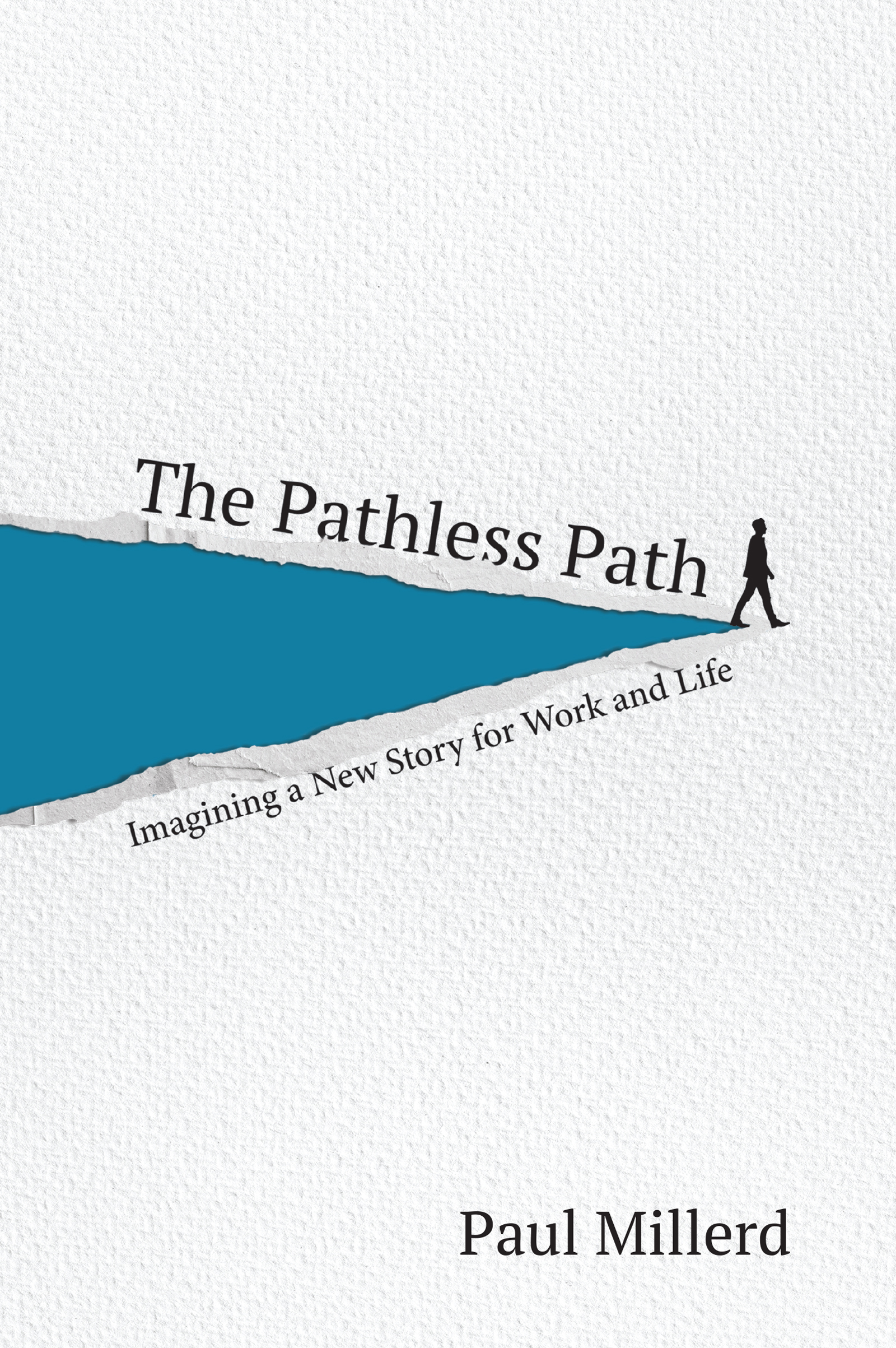What do you think?
Rate this book


220 pages, Hardcover
First published January 18, 2022
My mother credits the health crisis I faced in my 20s for putting me on my current path. "It changed you," she says. While I don't think it was the sole reason I left the default path, my illness did change my relationship to uncertainty.